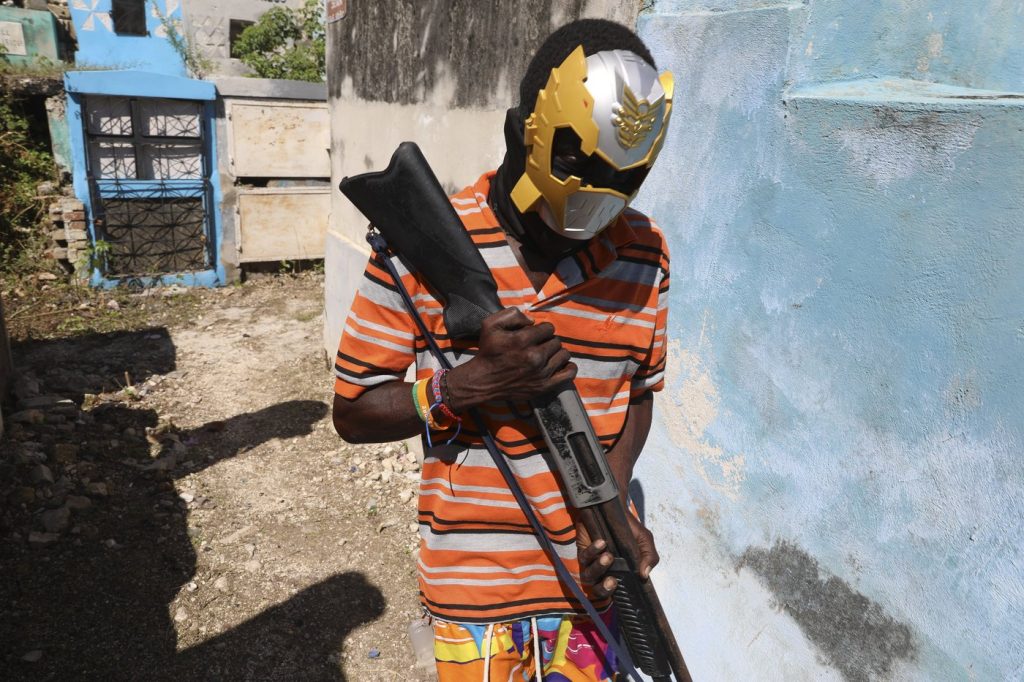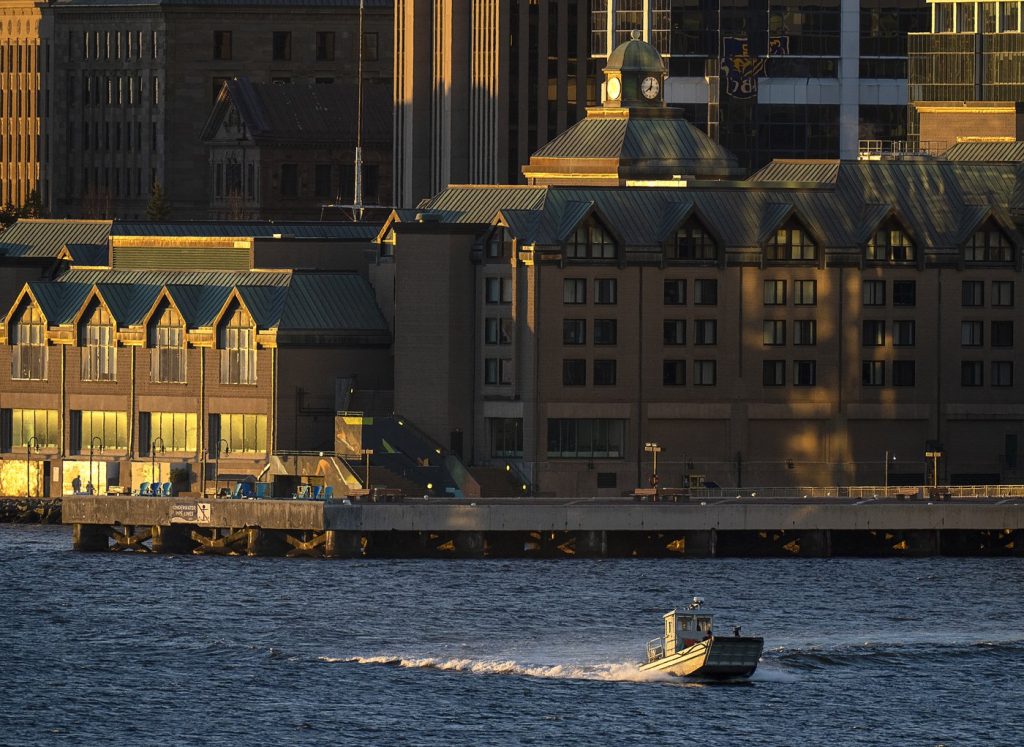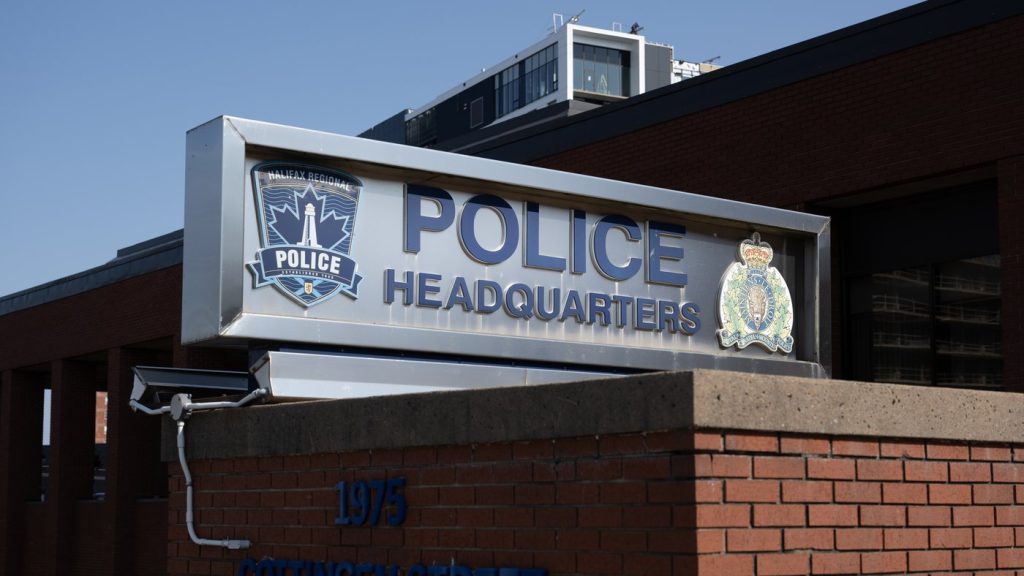UN migration agency says gang violence in Haiti leads to tripling of internally displaced people

Posted Jan 14, 2025 07:22:45 AM.
Last Updated Jan 14, 2025 07:31:33 AM.
GENEVA (AP) — The U.N. migration agency says internal displacement in Haiti, largely caused by gang violence, has tripled over the last year and now surpasses 1 million people — a record in the Caribbean nation.
The International Organization for Migration reported Tuesday that “relentless gang violence” in the capital, Port-au-Prince, has fueled a near-doubling of displacement there and a collapse of health care and other services, and worsening food insecurity. Haiti is one of the poorest countries in the world.
“The latest data reveals that 1,041,000 people, many displaced multiple times, are struggling amidst an intensifying humanitarian crisis,” the Geneva-based agency said in a statement. Children make up more than half of the displaced population.
The figure marks a three-fold increase in displacement from the 315,000 in December 2023, IOM said.
Agency spokesman Kennedy Okoth told a U.N. briefing in Geneva that the forced return of around 200,000 people — mostly from neighboring Dominican Republic — to Haiti over the last year had worsened the crisis. Both countries share the Caribbean island of Hispaniola.
Okoth said that the number of displacement sites in Port-au-Prince has risen from 73 to 108 over the last year.
The outgoing administration of U.S. President Joe Biden has strongly supported and expanded a temporary status program, which allows some foreign nationals from countries like El Salvador, Haiti and Venezuela to remain in the U.S.
U.S. President-elect Donald Trump and his running mate, JD Vance, have suggested that they would scale back the use of the program and policies that grant temporary status, as they pursue mass deportations. U.S. federal regulations would allow the extensions to be terminated early, although that’s never been done before.
Asked whether IOM had any concerns about possible changes to such U.S. protections, Okoth declined to comment about any specific country.
But he said that “deportation or any forced returns to countries that are already facing mounting security and humanitarian challenges is not something that is going to be beneficial to the group.”
The Associated Press








